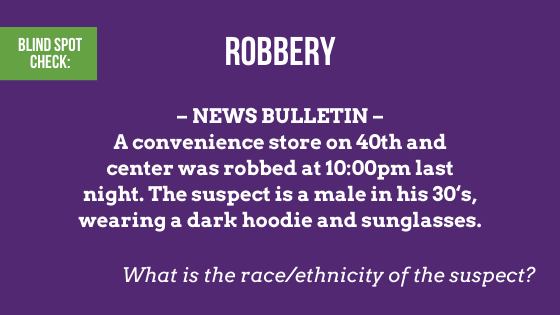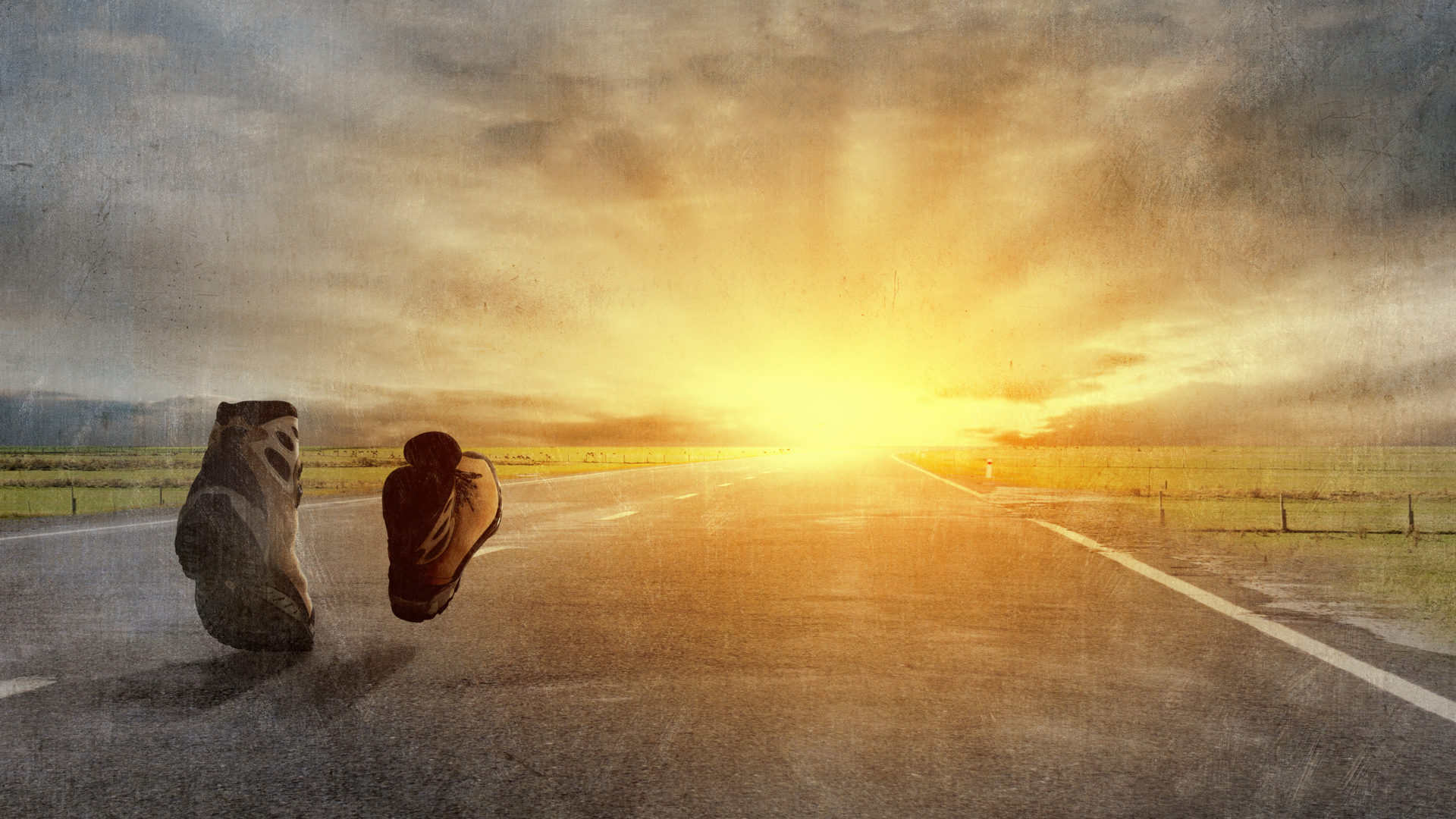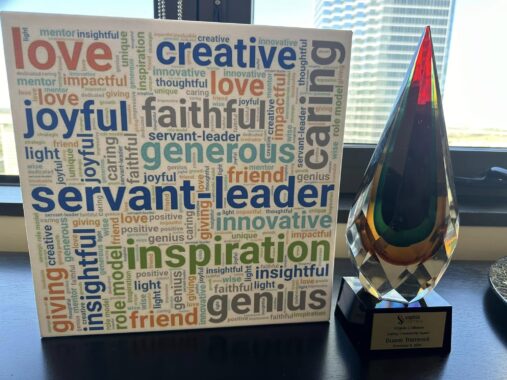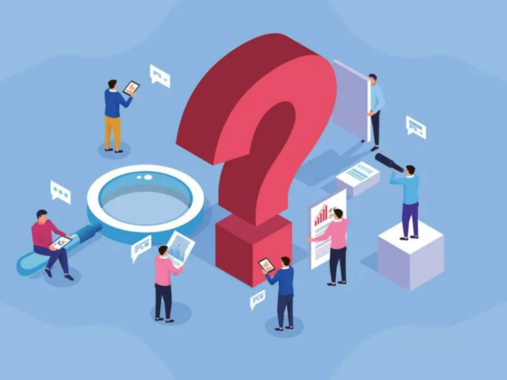Acknowledging Assumptions in our Everyday Work
The content of what an individual “knows” is the sum of their life experiences.
From infancy on, people build a catalog of knowledge based on experiential learning from a variety of sources and solidify their beliefs through the mental mapping of what those experiences have meant and/or how they made the individual feel.
Every individual has experienced different things in different ways so their catalog of knowledge and beliefs is unique. This foundation has a direct impact on how they see the world.
Experiential Learning Influences Our “Truths”
Our experiential learning is critical to continued development and survival.
HOWEVER – experiential knowledge is so unique and sometimes so absolute that it can lead to bias and assumption.
There are a variety of biases and assumptions caused by this uniqueness which can be brought to an individual’s attention through simple exercises, including:

From these simple exercises, we can determine the following:
- People naturally make assumptions.
- Most often, we don’t know we are making assumptions.
- Your assumptions are a product of your past (experienced learning).
Now, what can we do about it?
Here are some actions you can take to help minimize or reduce the effects of bias and assumption:
- Ask questions to obtain more information to better understand others
- Purposely look for and participate in new or different experiences
- Practice Mindfulness
- Read jokes or riddles based on assumption otherwise known as lateral thinking puzzles
- Learn other languages (creates flexibility in the brain)
- Seek and create relationships outside of your “normal” group
- Travel
- Study topics outside of your area of expertise or field of study
- Journal any changes in your perspective (when you changed your mind)
- Step away from writing letters or making big decisions and focus on something else (wait 24 hours before sending or acting)
- In your teams, organizations and communities, create a culture of trust and openness so people can share and challenge assumptions in a safe environment
—
This post is based on the work of Espen Klausen, Ph.D. which was presented at the Sophia Tranformative Leadership Partners – Coffee & Conversation program on 11/15/2019. Dr. Klausen is a licensed psychologist based in Fond du Lac, WI.





